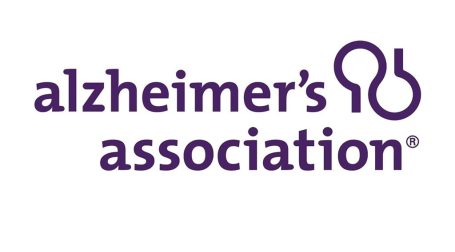Causes of Alzheimer's
Scientist and researcher believe many risk factors contribute to the development of Alzheimer's and Dementia. While some factors are set in stone, others can be modified in the hopes of reducing a person's risk of developing such conditions. They include the following :
Age
The biggest known factor for both Alzheimer's and different types of Dementia. While not a direct cause, age does in fact contribute to an increase in risk.
Family History
Those with a family member that has Alzheimer's are at an increased risk for it. This risk increases if more than one family member has the disease.
Genes
There are two categories of genes which determine if a person develops a disease: deterministic and risk genes. Alzheimer's has been found in both types; however, less than 1% of cases are caused by deterministic genes.
Medical Conditions
Certain medical condition have been linked to future risks of Dementia, such as head injuries. Furthermore, strong evidence links brain and heart health. With the risk for Dementia appearing to increase with diseases such as diabetes and dementia.
Treatments
Both drug and non-drug approaches for the treatment of symptoms for people battling with Alzheimer's exist. The next two medicines are approved by the FDA for patients with Dementia:
Suvorexant (Belsomra) - was approved for the treatment of insomnia, which was found to be effective for people living with Alzheimer's. It works by blocking a chemical messenger responsible for the sleep-wake cycle.
Brexpiprazole (Rexulti) - Atypical antipshycotic (the only one of its kind approved by the FDA for the treatment of people with Alzheimer's) used to treat agitation. Atypical antipshycotics work by targeting dopamine and serotonin pathways in the brain.
Alzheimer's
(China)

Alzheimer's Treatment and Prevention (中药)
Chinese medicine focuses on a holistic review of the body. For example, if a patient comes in to address a stomach problem, but also has a headache and foot pain, a Chinese doctor would likely treat the headache and foot pain, while supplementing the stomach problem (main issue). On the other hand, Western medication narrows their treatment to the main problem.
Recently, gut microbiome and its connection to Alzheimer's has been the subject of research. With traditional Chinese medicine, such as herbs, showing particular promise to the study as it has been found to be involved in metabolism and the gut microbiome¹.
It is also important to mention how with traditional Chinese medicine, before prescribing medication a doctor typically looks at the patient, touches, listens to the patient's reason for being there, and lastly, checks their pulse. With this information, and the patient's prior health records, the doctor is able to prescribe the patient medication.
1. Ma, Lina, et al. “Traditional Chinese Medicine for the Treatment of Alzheimer’s Disease: A Focus on the Microbiota–Gut–Brain Axis.” ScienceDirect, Elsevier Masson, 28 July 2023, www.sciencedirect.com/science/article/pii/S0753332223010351.
Giving back to our senior community.
For any questions or concerns, contact raymondcvivian@gmail.com.
We need your consent to load the translations
We use a third-party service to translate the website content that may collect data about your activity. Please review the details in the privacy policy and accept the service to view the translations.


